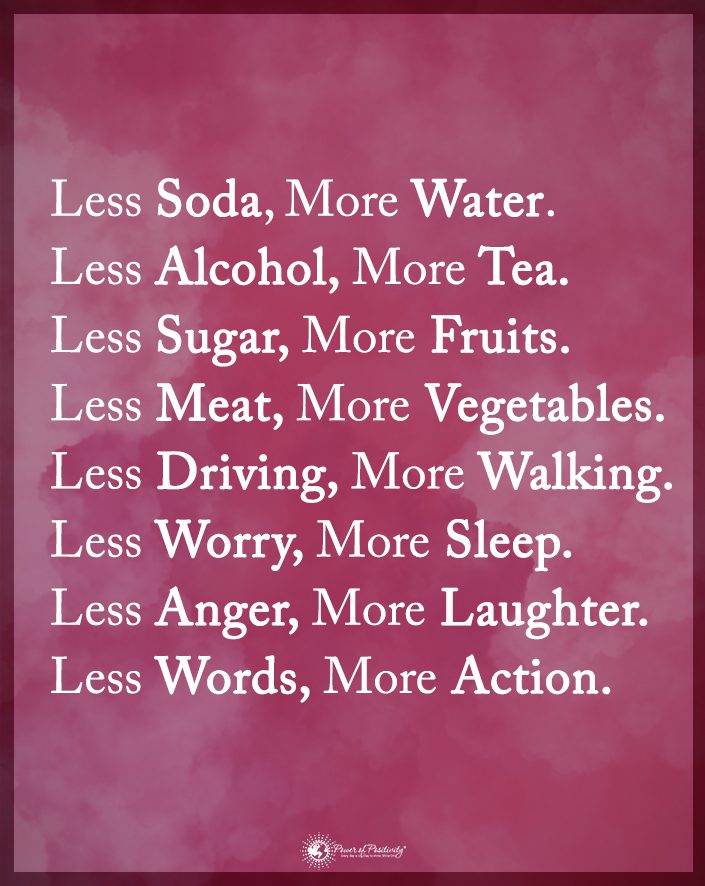A new study involving rats links drinking cola to oxidative stress and memory impairment. Researchers from the University of Southern Santa Catarina in Brazil made the discovery. According to their research, 67 days of drinking soda increased biological stress markers in the rats’ brains. Cognitive decline influenced their behavior, in turn.
The research appeared in the journal Experimental Gerontology.
The research team wanted to investigate how cola might impact the rats’ brains in a controlled lab setting. Prior research found a link between high cola intake and enhanced risk of cognitive decline and disease.
Researchers placed the rats into two groups. One group drank as much cola as they wanted and had water available. The other group only drank water. The team monitored the rats for 67 days and killed them on the 68th day to analyze their hippocampus and frontal cortex.
Before killing the rats, the team gave them several maze tests to complete. These tests aimed to pinpoint differences between the cola and control group by evaluating their spacial memory and behavior.
Drinking Cola Led to Cognitive Decline in Rats
Cola resulted in memory impairments and cognitive decline in young rats between two and eight months old. They scored lower on the maze tests compared to the control group. However, researchers did not observe this effect in the older rats.
After analyzing the rats’ brain tissue, researchers discovered that cola-drinking rats of all ages had higher levels of oxidative stress markers. The finding suggested that biological changes occurred in the rats’ brains. The youngest rats had the greatest vulnerability to behavioral changes.
The findings mirrored prior research, which suggested that cola intake led to neurodegenerative and cognitive impairments. Higher levels of oxidative stress had the most pronounced link to heightened dementia risk.
Researchers have found an association between high-sugar diets and cognitive decline previously. However, the rats drinking cola did not have higher blood glucose levels, suggesting something else caused poor cognition.
One caveat of the study was that researchers only tested male rats. However, male and female rats often react differently to dietary risk factors, including high sugar consumption. The research team acknowledged that future experiments should involve males and females to confirm findings.
For now, researchers don’t know if drinking cola similarly impacts humans. However, many studies have linked soda consumption to adverse effects on health. Therefore, it’s probably best to drastically limit or avoid soft drinks and opt for water instead.
Other Negative Impacts of Drinking Cola
- Drinking cola can cause weight gain. A 20-year study followed 120,000 men and women who upped their sugary drink intake by one 12-ounce beverage per day. Researchers found they gained an average of one additional pound every four years. Other studies have discovered that sugary drinks increase childhood obesity risk. One study found that for each extra 12-ounce soda children drank daily, their obesity risk increased by 60% after 1.5 years of follow-up.
- Soft drinks heighten diabetes risk. A study revealed that people who consumed one or more soft drinks each day had a 26% higher risk of developing type 2 diabetes. The threat became more pronounced in young adults and Asians.
- Soda makes a heart attack more likely. A 20-year study following 40 men found that those who averaged one sugary drink per day had a 20% higher risk of having or dying from a heart attack. Another study involving 90,000 women over 20 years found similar results. Women who drank more than two servings of sugary beverages each day had a 40% higher heart attack risk or death from heart disease.
- Soft drinks increase gout risk. A 22-year study of 80,000 women discovered a 75% higher gout risk in people who consumed one sugary drink daily. Researchers found similar results in men.
- Drinking soda could shorten lifespan. A study published in the American Journal of Public Health found that people with a high sugary beverage intake had shorter telomeres in immune cells. Telomeres help protect DNA sequences at the end of chromosomes, so shorter telomeres indicate aging and increased disease risk.
- Cola enhances the risk of kidney disease or kidney failure. The danger includes diet sodas as well. Researchers from the Nurses’ Health Study found that women who consumed more than two diet sodas daily had twice the risk of kidney disease. They also had a 30% greater kidney function reduction than women who didn’t drink soda.
- Cola can result in stained teeth and severe dental issues. A 2013 study revealed that excessive soda consumption could lead to similar tooth decay as doing meth. Researchers observed that a woman who drank two liters of diet soda daily for three to five years had tooth decay, similar to a methamphetamine addict. The citric acid in soda can result in tooth enamel erosion, making cavities and stained teeth more likely.
- Soft drinks increase the risk of colorectal cancer in women under 50. Researchers from the Washington University School of Medicine discovered that each additional 8-ounce serving of soda increased colorectal cancer risk by 16%. The risk doubled from ages 13-18. Moreover, each extra daily serving increasing the risk of early-onset colorectal cancer by 32%.
Final Thoughts on Study Showing Soda Causes Poor Brain Health
Please reconsider your daily soda intake as a result of the studies above. A recent study revealed that drinking cola daily could increase oxidative stress, leading to cognitive decline. While the research only involved rats, human studies have found a link between sugar consumption and dementia. The authors hope to perform additional studies to confirm their findings.
However, mounting evidence shows the adverse effects of sugar on the mind and body. Drinking soda can increase the risk of obesity, diabetes, heart disease, gout, and kidney disease. It may also shorten telomeres, leading to an early death.
Other studies have even found an association between sugary beverage intake and tooth decay. In fact, even participants who drank diet soda showed enamel erosion over five years. The study proved what doctors have long advised–avoiding sugary drinks and consuming diet beverages occasionally would positively impact health.
















 Community
Community

